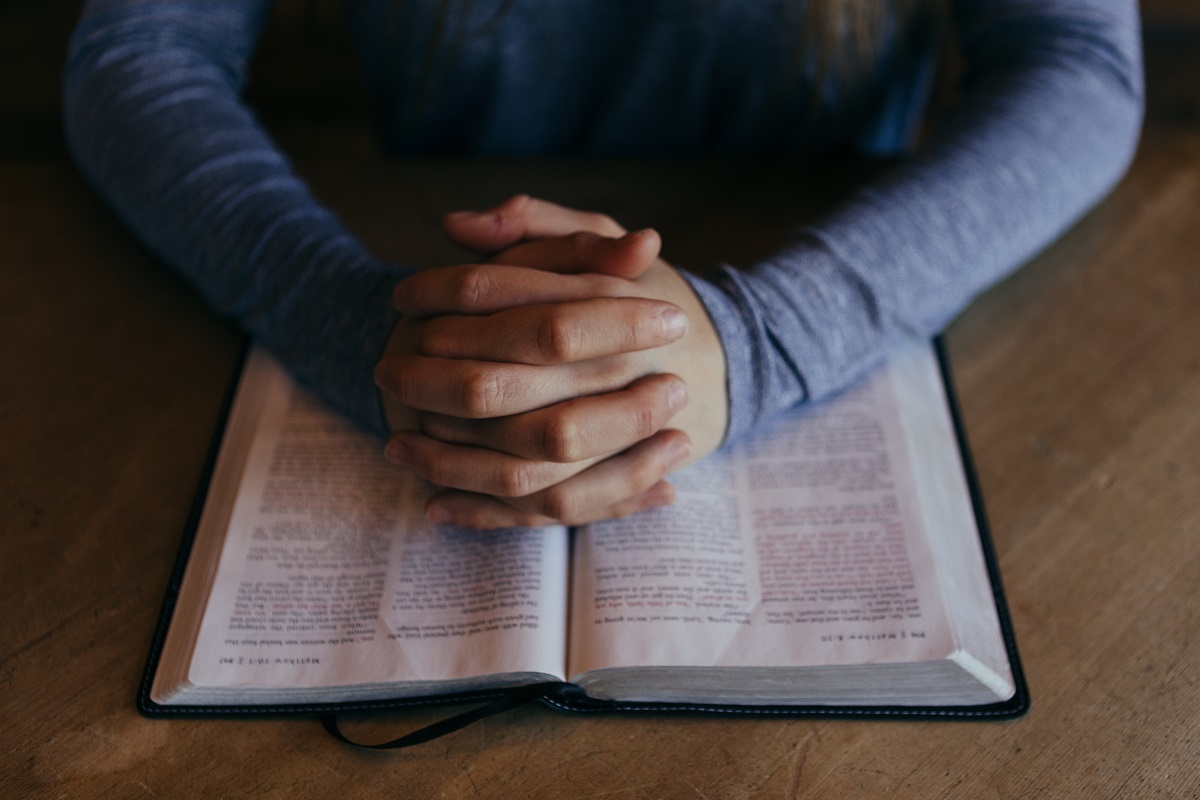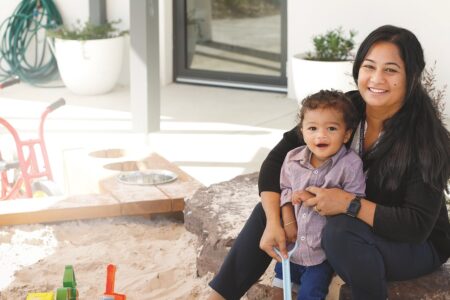By Cathy Withiel
Where there’s a will there’s a way. That was the motto adopted when chaplains serving in Uniting AgeWell residential sites across Victoria and Tasmania dealt with restrictions caused by the COVID-19 pandemic.
Some innovative thinking included delivering services via Zoom, standing on a garden path in the middle of winter booming a service through a microphone to residents inside, and singing through two layers of plastic.
And through it all they have continued to make a difference, with poignant accounts of how they touched lives in helping residents and their families come to terms with what was happening.
Rev Clare Brockett, Uniting AgeWell’s Director of Mission, says chaplains and the wider Uniting AgeWell staff continued to live out the Synod’s mission principle, “respond in compassion to human need”, in abundance during the pandemic.
“And they’re often doing this with flexibility and creativity, sometimes with humour, and always deeply moved by the trust shown in them,” she says.
Chaplain Ian Wheeler braved a bitter Tassie winter to stand on a path outside Kings Meadows Community, Aldersgate in south Launceston and boom a service through a microphone to residents lined up, with appropriate social distancing, against the windows inside.
“The wind howled, and it got pretty nippy, but it worked well,” Ian recalls.
Ian, who also works at Newnham Community, Aldersgate Village, was only allowed into one facility, to reduce the risk of spreading infection, meaning he had to get pretty inventive when it came to reaching out to those at Kings Meadows.
Ian did window visits and used a loud voice to minister to residents inside, while he also recorded services which were streamed through the TV or played in the chapel.
Chaplain Norm Roberts went from delivering one service a week at the chapel in Strath-Haven Community in Bendigo to six, one in each of the wings.
And he recalls poignant moments both inside and outside the facility.
When one of the residents died, one of her daughters sobbed out her heartfelt thanks to Norm for not only supporting her mum, but also the whole family.
“She asked if she could continue phoning me for guidance, and I said I would be delighted to help her. The phone calls continued over the next few weeks until she settled,” Norm recalls.
A standing ovation needs to go to Noble Park Community chaplain Alisha Fung, who managed to sing to residents through two layers of plastic throughout the pandemic.
Singing with a mask and a shield on? Is it even possible?
“Yes,” laughs Alisha. “Sometimes it’s hard to suck in enough air and the voice projection is a bit muffled, but it gets the message across.
“Music has the power to soothe and bring joy.”
Alisha says singing has also led to many poignant moments.
“There’s one resident, who used to be very involved in church but is now non-verbal. Whenever I sing, her eyes light up and she makes joyful sounds,” she says.

The power of prayer and deep listening was vital during the pandemic.
Alisha recalls the power of deep listening, like during the time she phoned a daughter of a resident just after stage three restrictions were implemented.
“I learned of her deep sadness and fear that she might never see her mother again because of her age,” she recalls.
“She recounted stories of her family’s immigration to Australia, what it was like for her mother to escape both the horrors of World War II and the Holocaust. It was a story I was honoured to hear.
“By the end of the conversation, she had reached a place where, I believe, no more words could be said and we sat in silence as the sorrow continued to resonate through our phones.
“I asked her if she would like to pray to close the space between us in honouring both her mother’s journey and her own as they navigated a different kind of displacement.
“She accepted the prayer warmly and, at least for myself, I felt as though something had lifted or something became clear that words alone had no power to achieve. “
Robert Van Zetten, chaplain at the Kalkee Communities of Nangatta and Murray in Geelong, was also required to work only at Murray to reduce the risk of spreading COVID-19.
During this time, he forged closer bonds with many residents, including a 97-year-old lady with vision and hearing challenges.
She asked him to read her letters that her family had written to her.
When he did, she beamed with joy and then, at her request, he used her responses and penned letters of reply.
But the last words belong to Clare.
“The uncertainty and fear around the pandemic meant our residents, and staff, relied on and needed the guidance of our chaplains more than ever,” she says.
“And despite all the obstacles that isolation, social distancing and PPE created, our chaplains found a way to connect on a deep and meaningful level to meet these needs.
“There were many incredibly special moments during this time, with very strong bonds forged.
“Our chaplains certainly showed that where there’s a will, there’s a way.”



